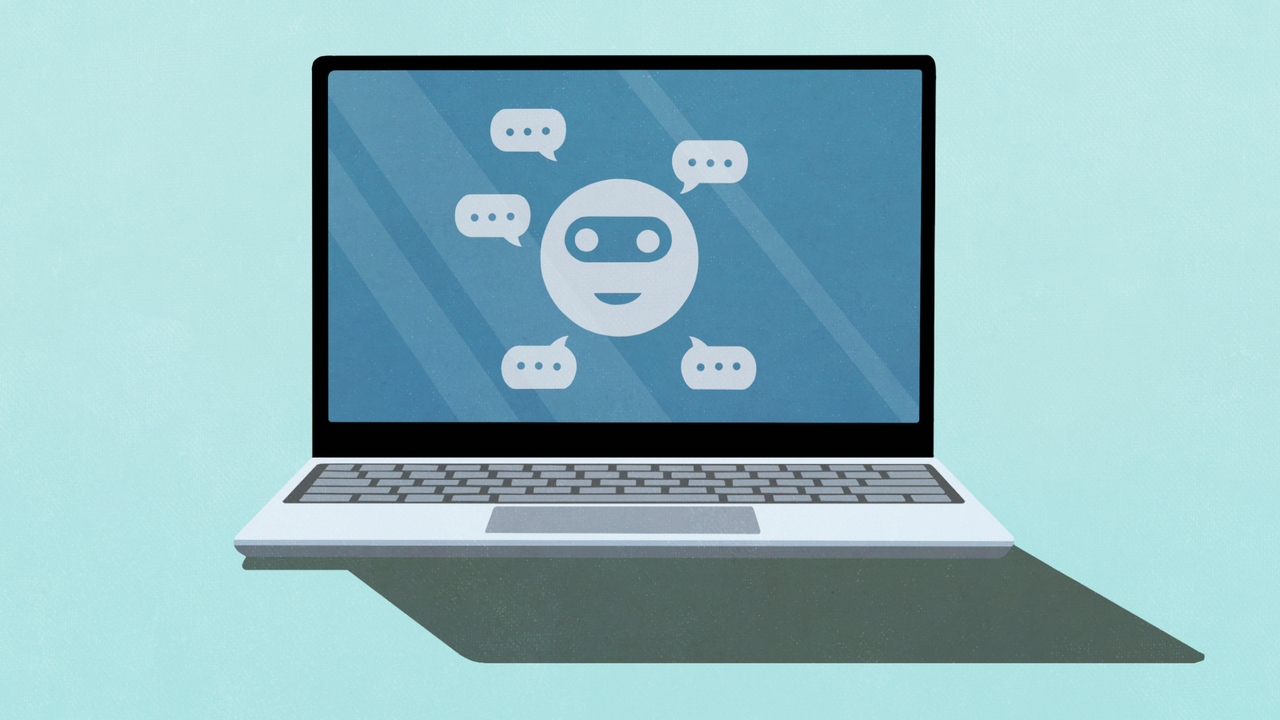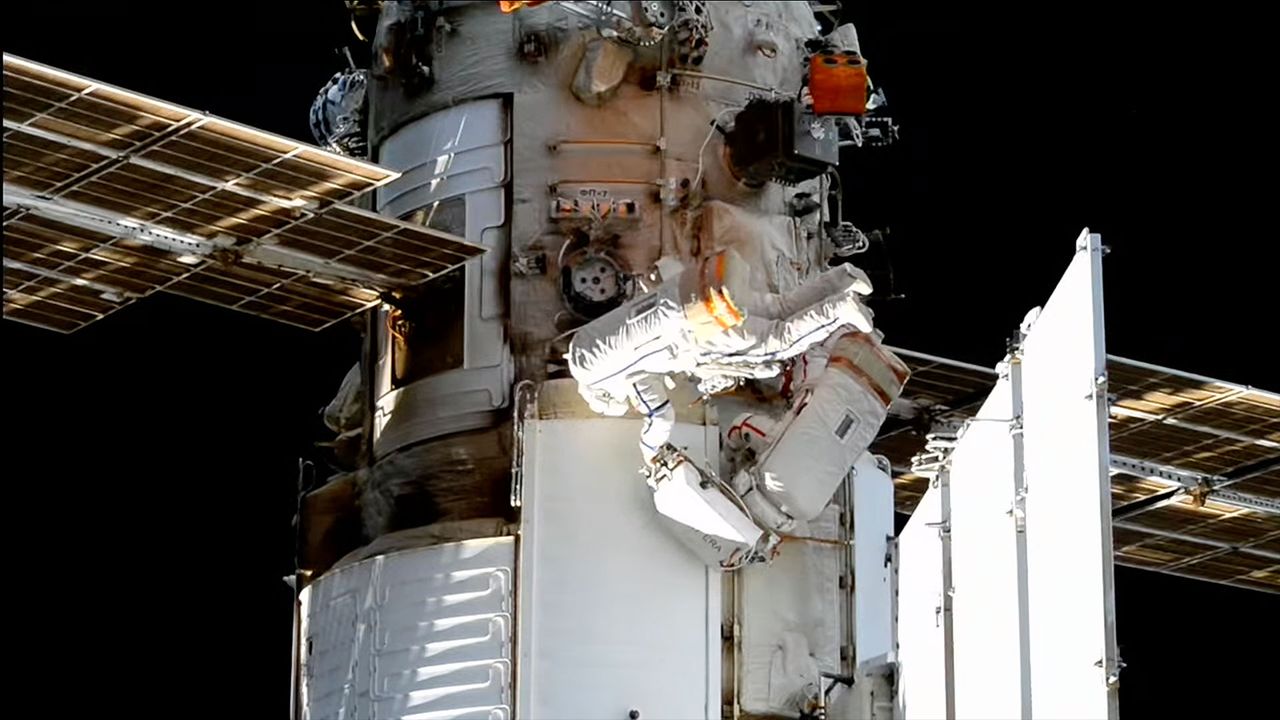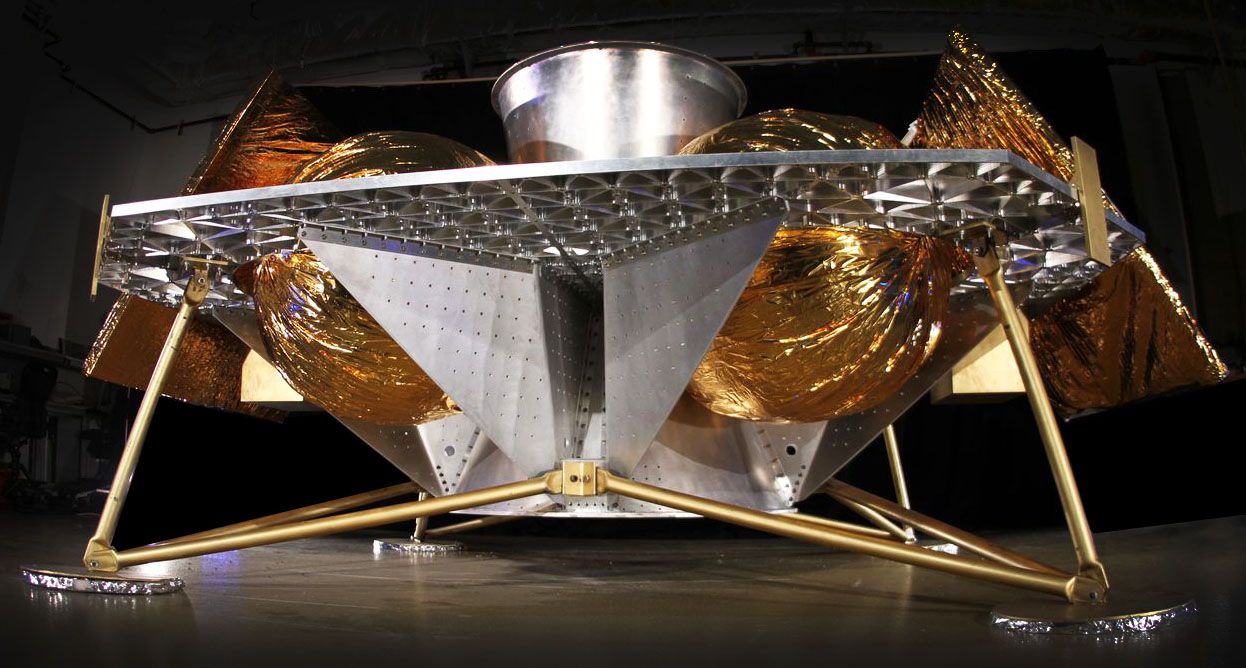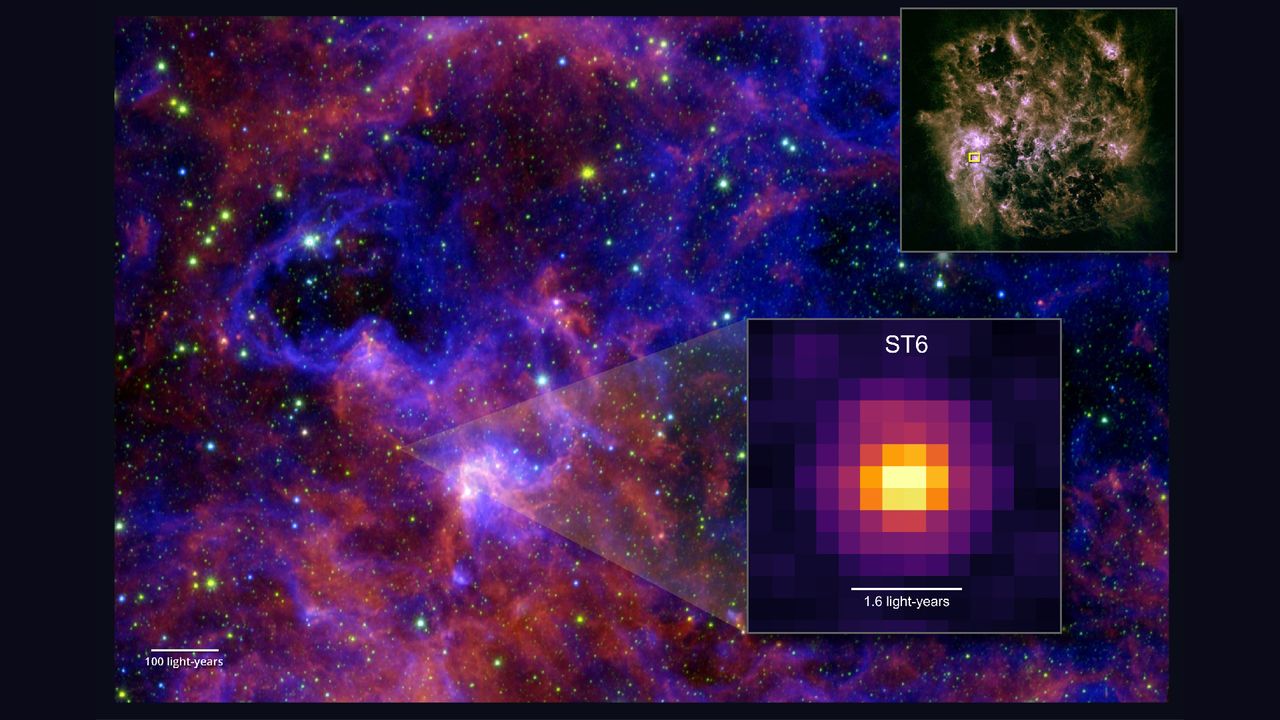How AI and sand dunes on Mars can reveal the planet's history, one grain at a time
PositiveScience

A groundbreaking technique that measures the forces on individual grains of sand is set to enhance our understanding of Mars' surface history. By analyzing how winds have shaped the planet's landscape, scientists can gain insights into its past climate and geological processes. This innovation not only sheds light on Mars but also showcases the potential of AI in planetary science, making it a significant step forward in space exploration.
— Curated by the World Pulse Now AI Editorial System











